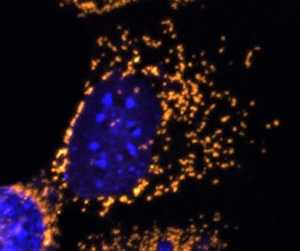Author Interviews, Cost of Health Care, Genetic Research, Hematology, JAMA / 22.03.2021
Sickle Cell Anemia: Paying For Gene Therapy Presents Unique Challenges for Medicaid
MedicalResearch.com Interview with:
Patrick DeMartino MD
Pediatric Hematology and Oncology Fellow
Doernbecher Children's Hospital
Oregon Health & Science University
MedicalResearch.com: What is the background for this study?
Response: Dozens of gene therapies are expected to be on the market within a decade or so. Much has been written about the high prices of the therapies currently on the market (exceeding $1 million). However, only a small number of patients are eligible for these existing therapies each year. Gene therapy for sickle cell disease (SCD) appears promising and would potentially apply to a relatively large number of individuals in the U.S. We sought to explore potential affordability challenges associated with a gene therapy for SCD.
(more…)






